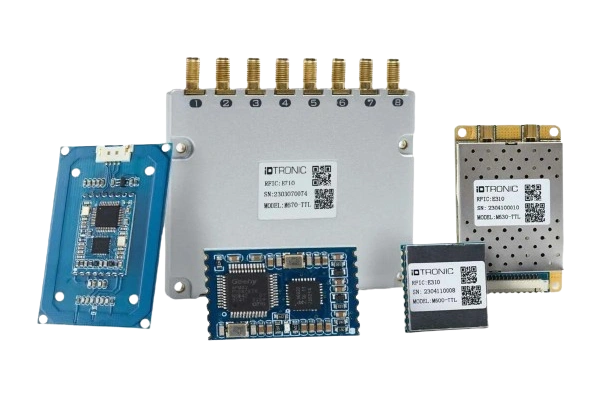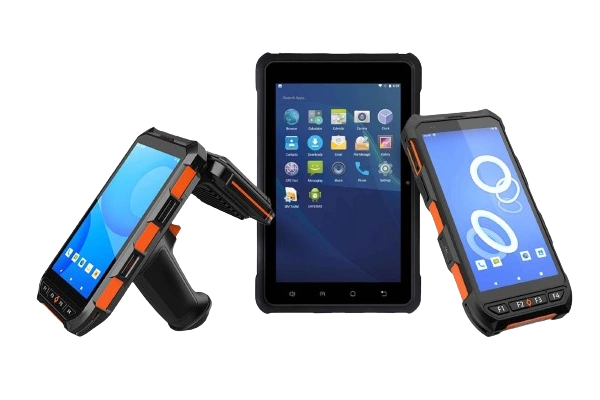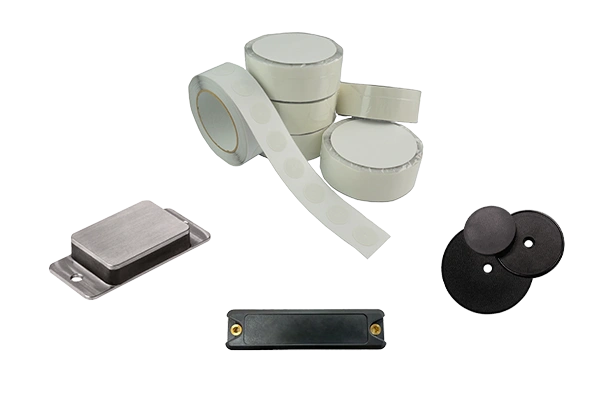Healthcare

Healthcare
Security regulations in hospitals are of the utmost priority for medical staff and patients. The confidential use of patient or hospital data must be ensured. Only authorized personnel should have access to and manage sensitive data. By employing cutting-edge RFID technology in medicine, only authorized personnel have access to crucial patient information.
The goal is patient safety, the protection of sensitive data, and the traceability of the use of medical devices. Learn more about RFID medical technology and RFID healthcare solutions from iDTRONIC.
Patient Identification in Hospitals
By using modern RFID technology in hospitals, patient identification can be significantly improved. Visits or consultations in hospitals or clinics are daily tasks for doctors and medical staff. Typically, patient information for medical personnel is provided using traditional paper-based clipboards. This method of providing all relevant patient data is prone to errors and lacks clarity. Pre-printed papers incur storage costs. The doctor must review all pages to obtain the relevant information. As part of digitalization in IoT applications, paperless solutions are becoming increasingly common.
The solution is the use of RFID in hospitals, RFID in laboratories, or RFID in healthcare in general. Data remains up-to-date and is readily available. Relevant patient data, such as diagnosis and test results from multiple sources, must be validly compiled. Mobile applications consolidate this information and provide the doctor with a clear overview of all relevant data. Data can be displayed using an RFID tablet. This facilitates and optimizes the daily workflow of a doctor. RFID in hospitals thus saves significant time and reduces avoidable administrative efforts.
Valid Point-of-Care Systems with RFID
The ongoing COVID-19 pandemic continues to present major challenges for the healthcare industry. Ideally, COVID-19 infections are detected immediately to prevent the spread of the virus. Therefore, rapid blood test diagnostics, directly at the time of blood sample collection, are important.
The use of mobile and stationary diagnostic systems at the point-of-care provides an innovative solution for immediate disease diagnostics. Microfluidic test strips, a standardized workflow, and cloud connectivity within hospital IT infrastructures offer real-time results. Certain parameters enable the delivery of precise results comparable to stationary lab tests.




